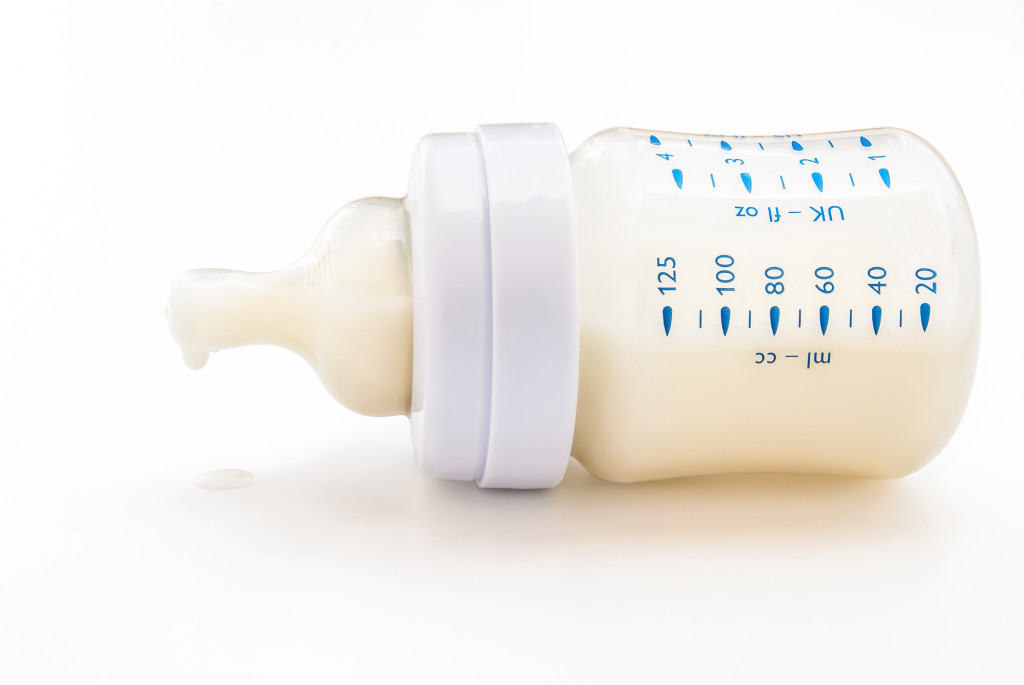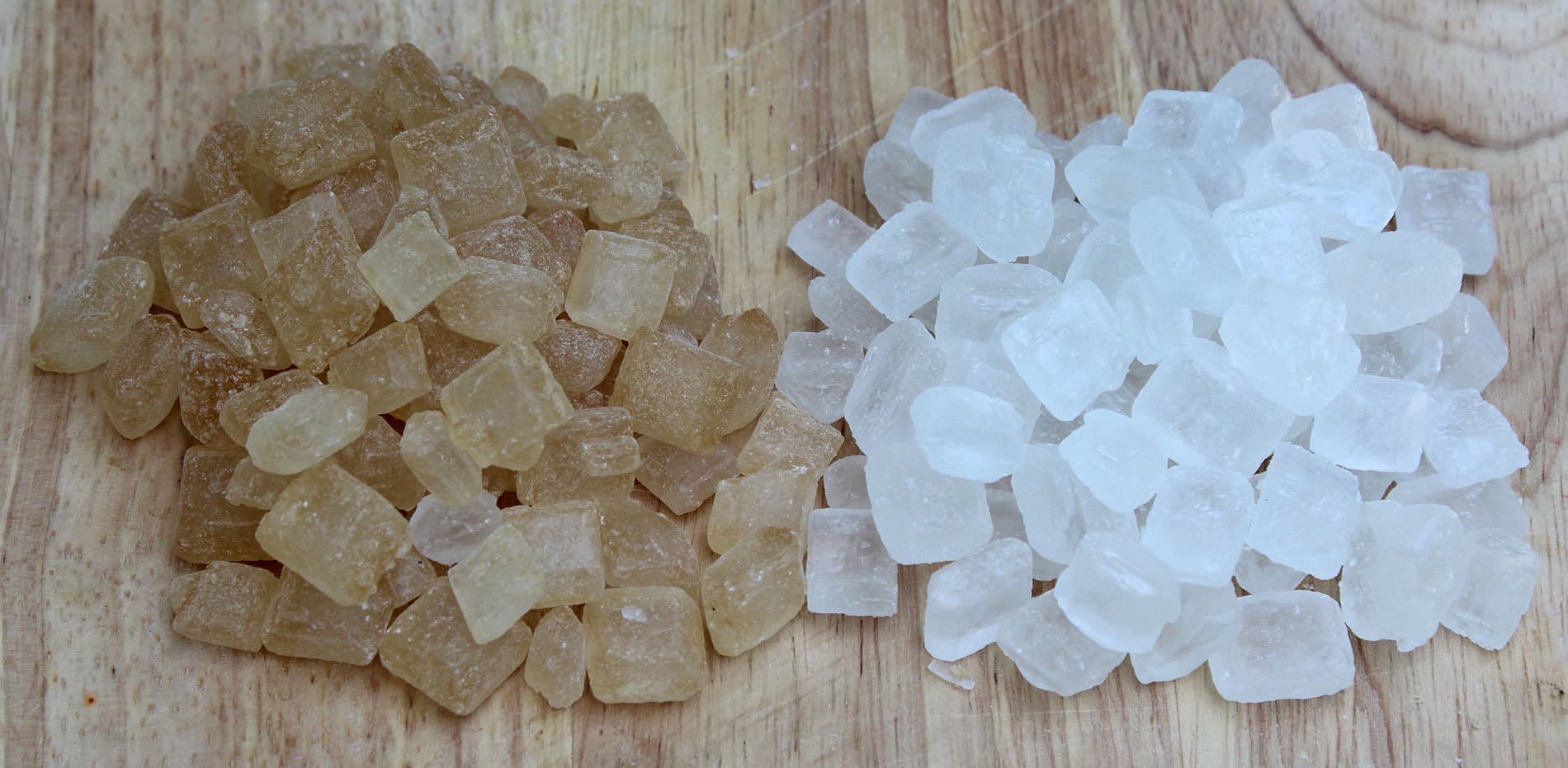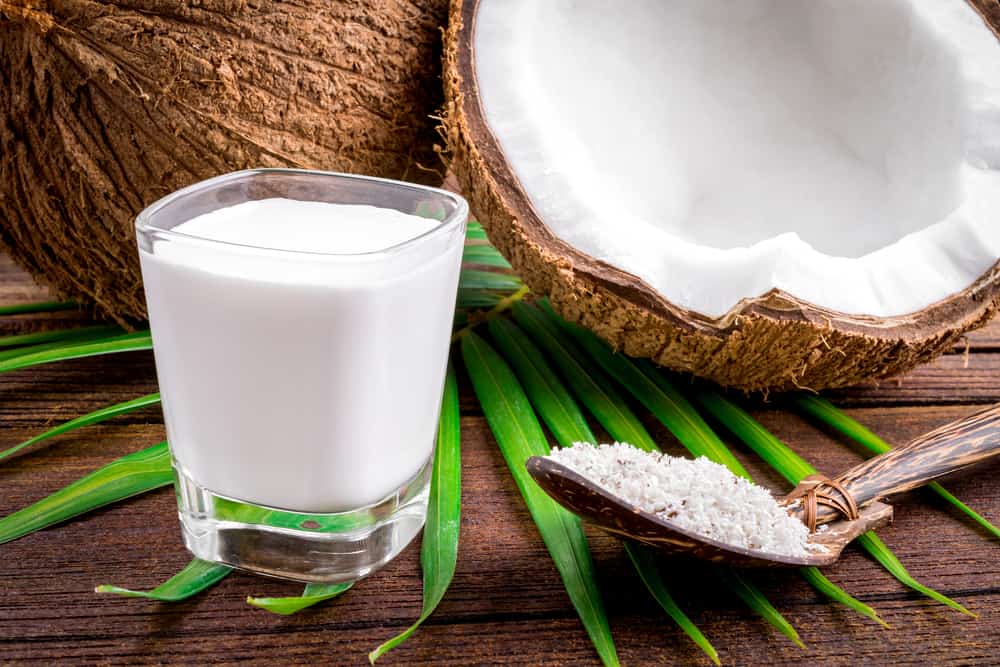Contents:
Medical Video: Cow’s Milk Protein Allergy in Infants - Dr. Aliza Solomon
Until now, there are still many parents who are confused about why they should not give cow milk to their babies. It's easy: cow's milk is difficult for babies to digest, compared to the nutritional content of formula milk.
Cow's milk contains high levels of protein and minerals which can aggravate the burden of the baby's kidneys and cause illness, such as stress, fever, or diarrhea. In addition, cow's milk does not contain enough iron, vitamin C, and other nutrients needed by babies, so children under 1 year are at risk of developing iron deficiency. Cow's milk can also hurt the baby's digestive tract which can cause bleeding stool.
When compared with formula milk, the fat content in cow's milk is classified as a fat that is not good for baby's growth and development. From the reasons above, fresh cow's milk or UHT milk is not suitable for children under the age of 1 year.
If the quantity and quality of eating your child is normal, characterized by a balanced diet (getting adequate nutrition from cereals, vegetables, fruits, and meat), then it doesn't matter if you provide fresh milk or UHT milk after he is 1 year old . However, limit the portion. Only consume 2 cups of milk (946 ml) per day for your child. More than the recommended portion, your child's calorie intake will be excessive and this will reduce his appetite. If your baby is not ready to consume a variety of solid foods, discuss with your doctor about good nutrition for the little one
Your child still needs high fat intake for his growth period, therefore, vitamin D enriched cow's milk is highly recommended for children over the age of 1 year. If your child's weight is excessive or he is at risk of obesity, or has a family medical riwaya with obesity, high blood pressure, or heart disease, your doctor will recommend 2% milk. Do not give your child 1% milk (low fat) or skim (nonfat) before the age of 2 years. Your child also still needs adequate vitamin A and D intake.
Nonfat, skimmed or low-weak milk contains too high levels of protein and minerals for children under 2 years of age. After your child is 2 years old, discuss with your doctor about your child's nutritional needs, including the choice of milk that is good for your child's consumption.












